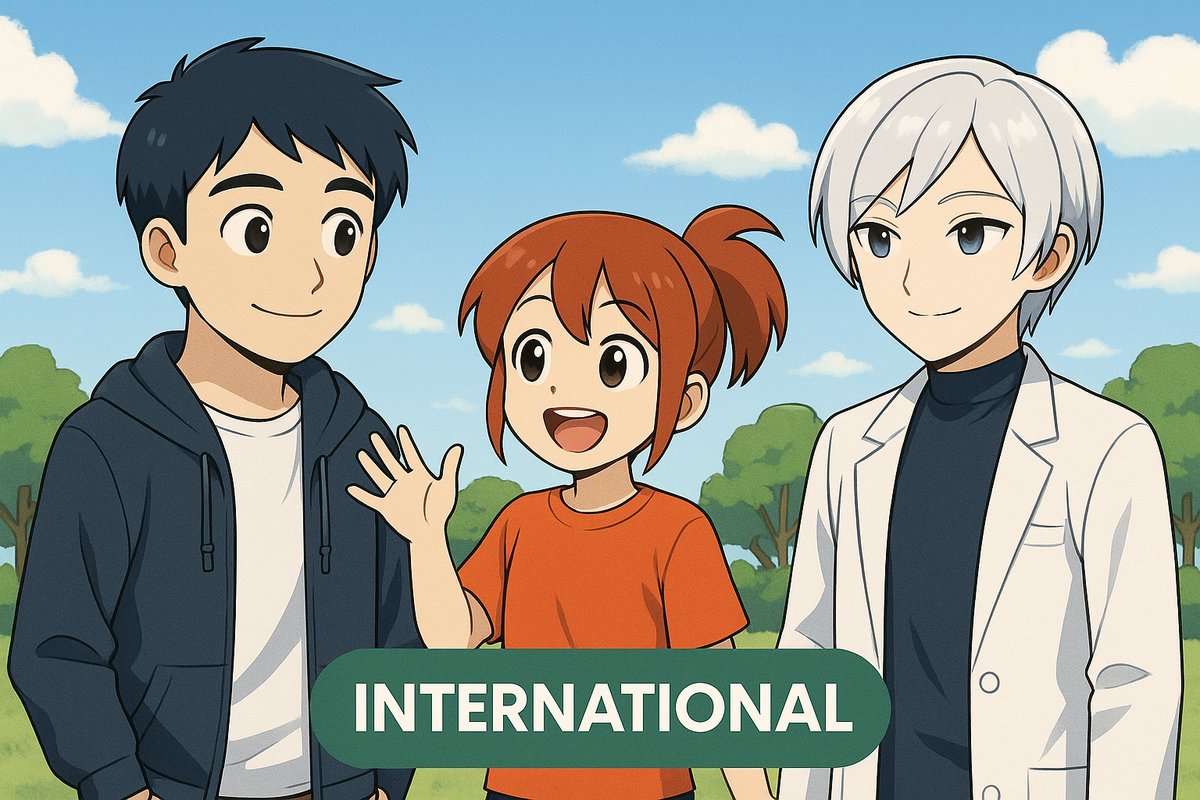📰 ニュースまとめ
オランダ在住の安村美香子さん(62)は、中東のガザ地区で支援物資を届けるための船団に参加するも、イスラエル軍に拘束された。
拘束期間中、彼女は「人間的な扱いを受けず」、清潔な飲料水も提供されず、1日1食の状況が続いたと語る。安村さんの体験は、現在の中東情勢の厳しさを物語っている。ガザでは人質解放の期限が迫っており、イスラエルは和平案の承認も進めている。
💬 チャコたちの会話に耳をすませてみると…
ログ:
ねえチャコ、最近の中東情勢についてどう思う?特にガザの話は衝撃的だな。
チャコ:
うん、安村さんの体験は本当にひどいよね。なんでそんなことが起こるんだろう?
ログ:
彼女は支援物資を届けようとしただけなのに、拘束されるなんて不条理だな。
ナヴィ:
安村さんの状況は、戦争や紛争の影響を受ける一般市民の苦境を象徴しています。
チャコ:
それにしても、飲み水もないなんて信じられないよ!どうやって生き延びたのかな?
ログ:
本当にそうだな。彼女の話を聞くと、もっと支援が必要だって思うよ。
ナヴィ:
支援活動は重要ですが、その実行には慎重な対応が求められます。
📝 管理人のひとこと
今回の安村美香子さんの体験は、私たちが普段考えないような現実を突きつけます。人道支援を行うことの重要性はもちろんですが、それに伴うリスクや、現地の情勢の厳しさを理解することも必要です。また、チャコの疑問に対するナヴィの補足が、私たちの理解を深める助けになっていると感じました。今後の中東情勢の動きにも注目していきたいです。
この記事をシェアする:
🇬🇧 英語版を見る
Summary
Mikako Yasumura, a 62-year-old resident of the Netherlands, participated in a convoy to deliver aid supplies to the Gaza Strip but was detained by the Israeli military.
During her time in detention, she reported not receiving “humane treatment,” lacking access to clean drinking water, and being limited to one meal per day. Yasumura’s experience highlights the harsh realities of the current situation in the Middle East. In Gaza, the deadline for the release of hostages is approaching, and Israel is also moving forward with the approval of a peace proposal.
Dialogue
This dialogue is fictional and based on the article.
Log: Hey Chako, what do you think about the recent situation in the Middle East? The news from Gaza is shocking.
Chako: Yeah, Ms. Yasumura’s experience is truly terrible. Why does such a thing happen?
Log: It’s absurd that she was detained just for trying to deliver aid supplies.
Navi: Ms. Yasumura’s situation symbolizes the plight of ordinary civilians affected by war and conflict.
Chako: I can’t believe they don’t even have drinking water! How do they manage to survive?
Log: That’s so true. Hearing her story makes me feel like we need to provide more support.
Navi: While humanitarian efforts are crucial, we must approach their implementation with caution.
Admin’s Note
Mikako Yasumura’s experience this time confronts us with a reality that we often overlook. While the importance of humanitarian aid is undeniable, it is also essential to understand the risks involved and the harsh conditions on the ground. Additionally, I felt that Navi’s insights addressing Chaco’s questions helped deepen our understanding. I would like to keep an eye on the developments in the Middle East moving forward.



コメント